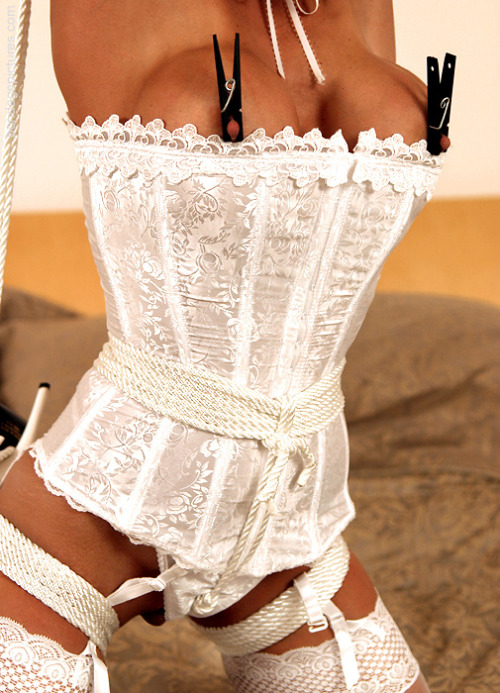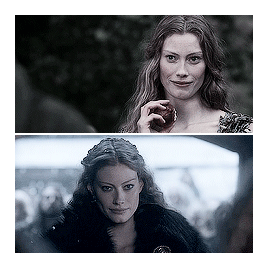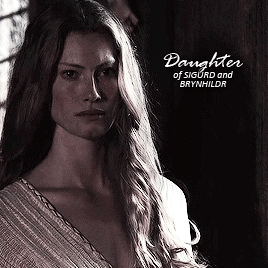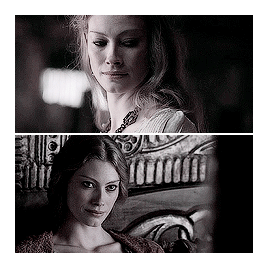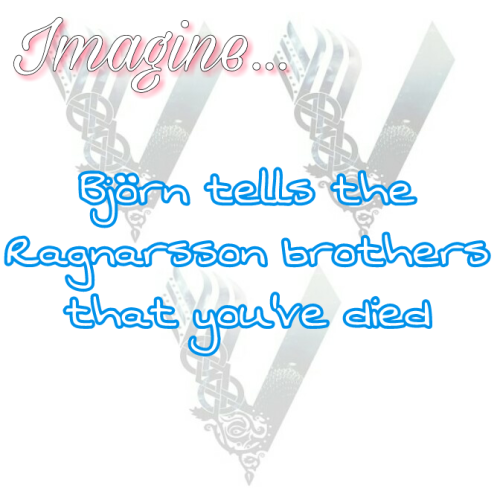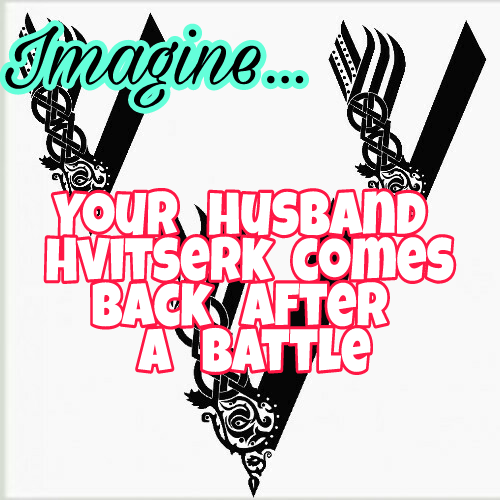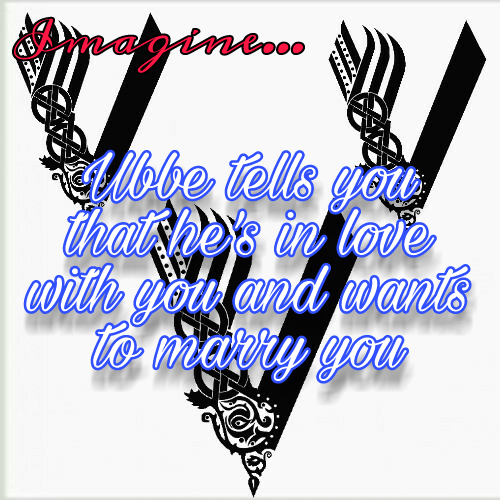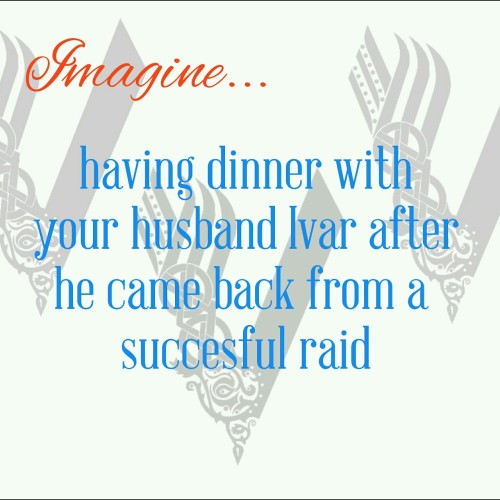#aslaug
Always thinking about and trying to understand the meaning of Aslaug’s tear….
I’ve read different analysis about depictions of women’s grief in sagas. One thing that’s interesting is tears as a performance vs as an uncontrolled outpouring of emotion. As in…. Hildigunnr (Njals saga) performs her grief by weeping in front of Flosi in order to get him to take vengeance vs Gudrun (Volsung saga) waking up and seeing Sigurd dead and weeping is a more uncontrolled outpouring of shock and grief. I think that in both cases the grief is real, the difference is whether there is additional motive in expressing it (it serves a function other than demonstrating the level of grief) and a level of control in expressing it. In that context Brynhildr’s tears in the Volsung Saga are especially interesting, because you could read them as both. When I read it, I saw her laughter turning into tears as uncontrolled, she’s unable to repress her sadness at Sigurd’s death. But I read a paper, (Strengði hon elfi: Female Reactions to Male Violence in Eddic Heroic Poetry by Caroline R. Batten) which IIRC talks about how Brynhildr’s laughter and tears serve a purpose to validate her position. Her laughter is meant to express that she has been avenged for Sigurd’s broken oaths, while her tears express her position as the grieving spouse and she’s claiming that position in order to validate that she was right to take revenge. Seemingly contradictory emotions validating each other and mirroring the interplay of love vs honor… it’s quite fascinating. (I’m probably butchering the argument in the paper… I probably should have reread it because it has been a while. But you know…. this is just a ramble on tumblr so like… yeah.)
Right, back to Aslaug… Aslaug is so interesting because her one expression of grief is so unlike other expressions of grief I’ve read in sagas (that doesn’t mean similar expressions don’t exist… obviously, just that I’m not aware of any). A single tear as red as blood and as hard as a hailstone… it’s very easy imo to read it as a controlled expression of grief I think. It is after all, just a single tear, rather than a huge lament. But… if it is a performance, then what is it a performance for?This tear is shed while her husbands and sons are away, it is not expressed in order to convince them to take revenge. Perhaps it is an uncontrolled expression of her grief… it would suit Aslaug in some ways, who demonstrates so much control and fortitude in all of her actions, to only be able to express the depth and complexity of her emotions in a single tear (albeit a tear with otherworldly qualities).
ButValkyrie by Jóhanna Katrín Friðriksdóttir, raised an interesting point:
Meanwhile, at the battle, one of the stepsons utters a verse as he lies dying, lamenting that he has no mother to grieve him after his death. But there is something to comfort him: he claims he is certain Áslaug will not be indifferent to his killing. Just before the stepson gives up the ghost, he sends his messengers back home with a ring and instructions to recite the poem to his stepmother, effectively challenging her to be a true mother to him. Áslaug receives the news of her stepsons’ death sitting on the throne, combing her hair, but we ought not to let her decorous appearance deceive us. She promptly reveals her bellicose nature by declaring that she “will not hesitate to encourage vengeance for them as if they were my own sons”, and her subsequent revenge campaign demonstrates that she is a worthy successor of two of Norse legend’s foremost heroic characters.
So, if we look at Erik’s last words as a challenge for her to be a true mother… obviously Aslaug fulfills them by promising to pursue vengeance. But perhaps her tear is meant to fulfill his challenge as well? To prove that she is a true mother to him, that he does have a mother who is grieving for him. They don’t share blood, but her tears are still bloody.
I think a lot can be read into the fact that this is meant to be the only tear Aslaug ever sheds in her life. She doesn’t even cry at the news of her youngest son’s death, but she will cry for Erik. I mean… my man Paul Herrmann wrote that it indicated a mutual romantic love between the two of them. Because how else do you explain why she grieves for one son (and of course a lot is made of the fact that it’s a stepson at that) and not the other? But I think in this context, if we read Aslaug’s grief as a part of her fulfilling Erik’s last requests… then it’s not necessarily that she grieves for one son and not the other. It’s that she’s purposefully showing her true feelings in one case and hiding them in others.
I get that… well, I’m using one instance of emotion as a case to try and show that there’s emotion even when she’s not showcasing it. I get it, my logic is maybe it a little backwards and weird. But…I don’t know, Aslaug faces so many events and always displays this level of fortitude and strength, it’s easy to think that this is exactly how she feels on the inside too. But perhaps Erik’s challenge (if we choose to read it as a challenge) and her fulfillment of the challenge (if we choose to read her tear in that way) also grant Aslaug freedom to showcase her emotions rather than constantly keeping them inside.
~ one of the scenes from the Stora Hammars I stone [source]
Changing her name to the more warlike Randalín (Goddess of the shields), their mother joins them in battle, leading part of the army against the Swedes. Perhaps this is the legend told on one of the Gotlandic picture stone, depicting a female figure holding what seems to be a banner or torch and leading a land army against a group of warriors on a ship which faces them. At any rate, in their victory, the Danish army, led by Randalín and her sons, gain glory by killing the malevolent cow and the Swedish king.
~ Jóhanna Katrín Friðriksdóttir, Valkyrie: The Women of the Viking World
Post link
RAGNAR LOTHBROK TRIBUTE
✌✨
I think I will start to write One-Shots soon. Some people requested it and I wanna give it a try
Post link
“Hvitserk…? HVITSERK?!”, you said, started to ran towards him and he just stood there and smiled. You hugged him and he hugged you too, pressed his lips on yours. “I missed you my beautiful star”, he said. “I missed you too, Hvitserk. I was so afraid that you wouldn’t come back”, you mumbled in his shoulders. “ I would never leave you alone”, he smiled and kissed you again.
Requested by Anonymous.Post link
I finally watched the new episode after a long, busy and hard day.
What are your thoughts till now?
Yay or Nay?
For me, it’s defintely a yay. I loved the new episode and I love the story of the Ragnarsson’s brothers. Their story is really interesting.
I don’t want to go into detail coz Spoilerrrrs.
Post link


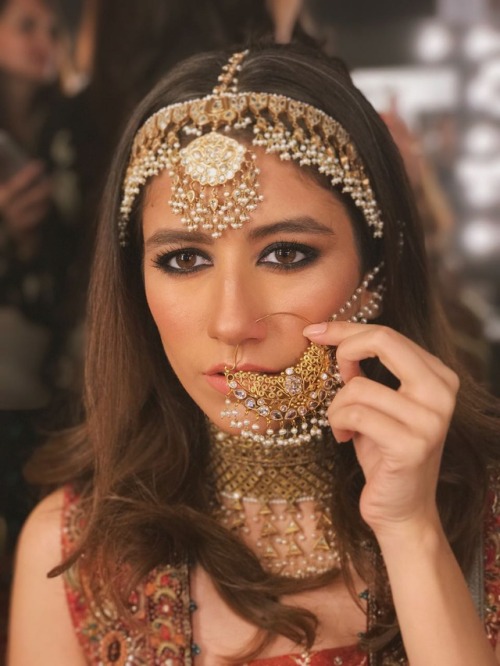


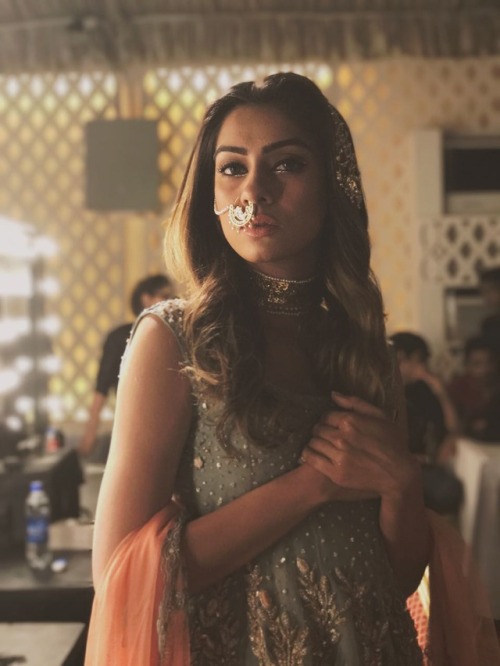



![~ one of the scenes from the Stora Hammars I stone [source]Changing her name to the more warlike Ran ~ one of the scenes from the Stora Hammars I stone [source]Changing her name to the more warlike Ran](https://64.media.tumblr.com/d1553127afa1047cb964811c204ca8a9/9c2a85c4867f5306-80/s500x750/7ae58e73bf3e822b2cca1db17ecba0c602ffc94b.png)






